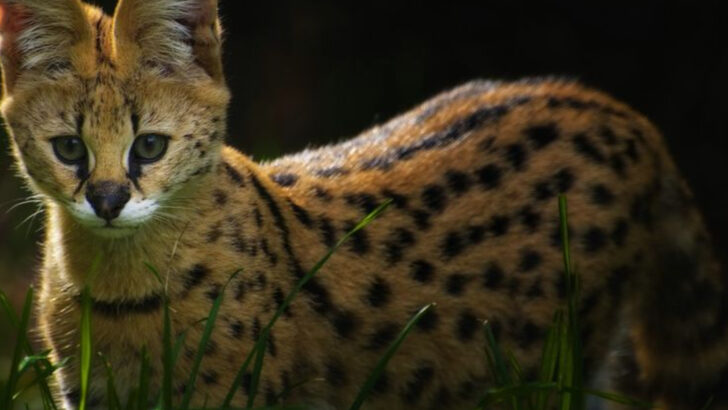Exploring the fascinating world of pet ownership laws, this article delves into the animals that are prohibited as pets in the United States and those wild ones you are surprisingly allowed to keep. While common domesticated animals like dogs and cats are a staple in many households, there’s a whole realm of wildlife that intrigues many pet enthusiasts. However, U.S. laws stringently regulate which exotic animals can be owned. In this detailed guide, we explore 22 unique animals, their characteristics, and the legalities surrounding their ownership.
Bengal Tiger
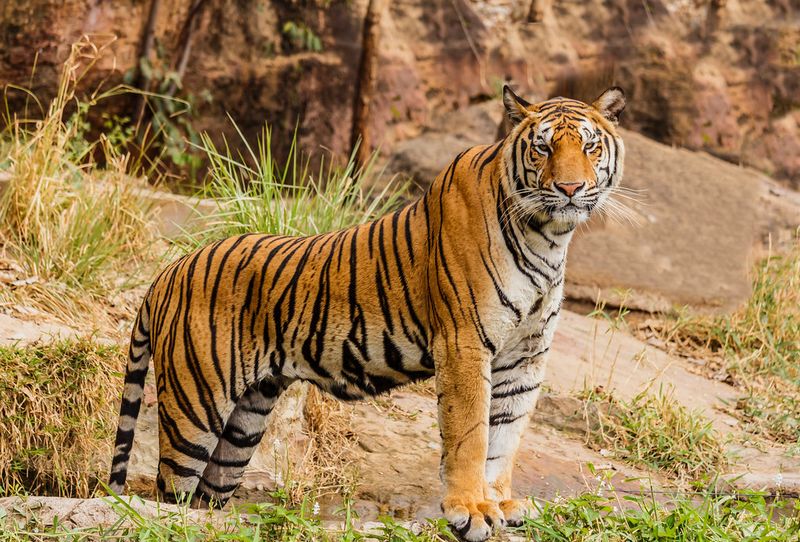
The Bengal Tiger, with its fierce gaze and majestic presence, is a creature of the wild that cannot be domesticated in the U.S. Known for their fearsome strength and mysterious allure, these tigers demand expansive territories to roam. In captivity, they face severe stress and health issues.
Despite their beauty, it’s crucial to preserve their habitat rather than attempt domestication. The Endangered Species Act restricts private ownership, reflecting the importance of conservation over captivity.
Fun Fact: Tigers are excellent swimmers, often found cooling off in water bodies!
Chimpanzee
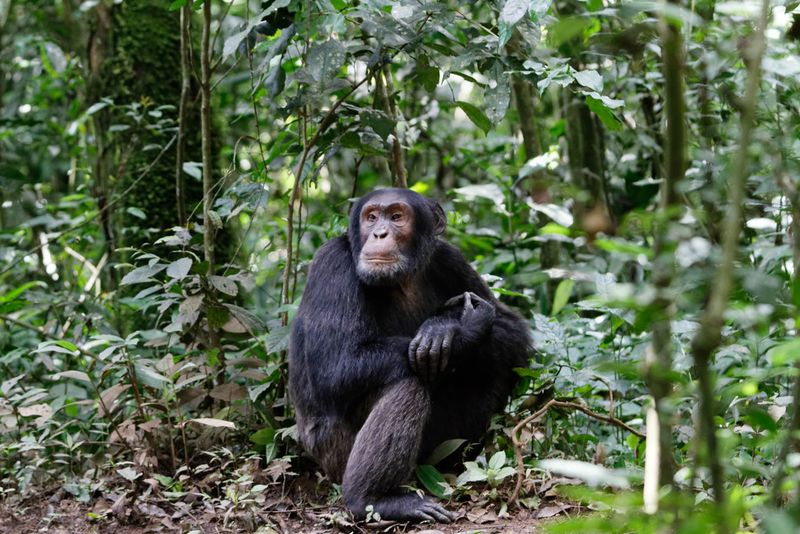
Chimpanzees, our closest genetic cousins, are barred from being pets in the U.S. Their intelligence and social complexity make them fascinating yet challenging creatures. Captivity can’t replicate their intricate social structures, leading to behavioral problems.
Their strength is often underestimated, posing a danger to humans. U.S. laws, including the Captive Wildlife Safety Act, protect both chimps and people.
Interesting Tidbit: Chimpanzees use tools, showcasing their remarkable cognitive skills.
Wolf

Wolves, with their haunting howls and fierce independence, are not permitted as pets. Their wild nature is a tapestry of survival skills and social dynamics. In a domestic setting, these creatures struggle with confinement, often leading to distress and aggression.
U.S. regulations, such as the Endangered Species Act, emphasize their conservation in the wild rather than captivity.
Did you know? Wolves play a crucial role in maintaining ecological balance by controlling prey populations.
Hippopotamus
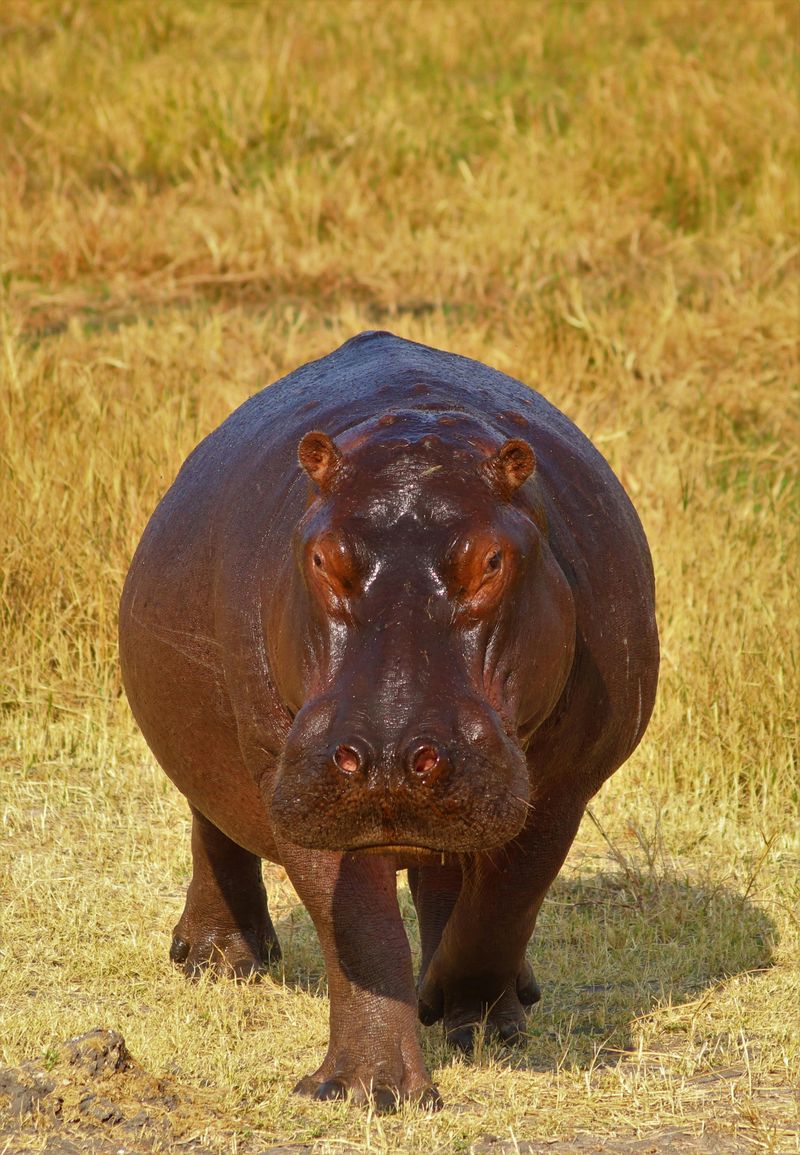
The Hippopotamus, though seemingly docile, is one of Africa’s most dangerous animals. Their immense size and unpredictable nature make them unsuitable as pets in the U.S. Hippos require vast aquatic spaces, which domestic environments can’t provide.
Regulations like the Lacey Act ensure these creatures remain in their natural habitats, safeguarding both humans and hippos.
Intriguing Fact: Hippos can run surprisingly fast, reaching speeds of up to 19 mph on land!
American Alligator

American Alligators, with their prehistoric appearance, are not allowed as pets in many states. These reptiles thrive in swampy wetlands, where they play a vital role in the ecosystem. In captivity, their needs for space and specific environmental conditions aren’t met.
Laws like the Endangered Species Act regulate their protection and discourage private ownership.
Fun Fact: Alligators have a powerful bite force, capable of crushing bones!
African Elephant
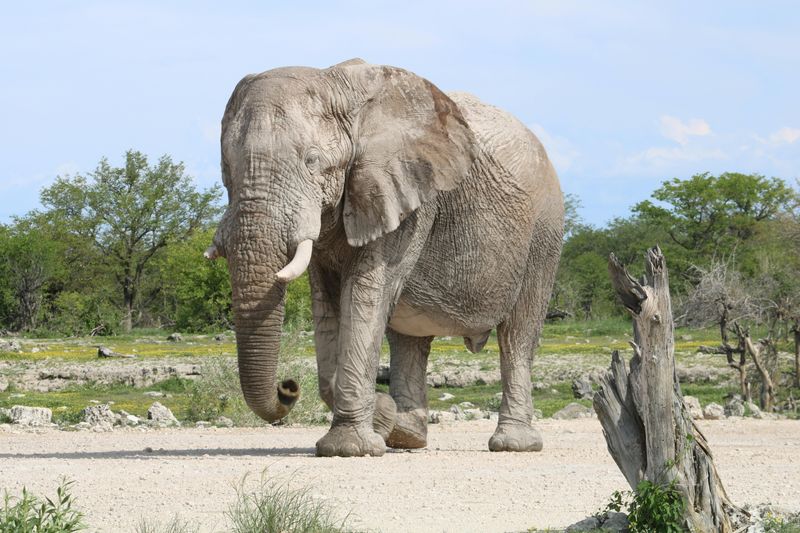
African Elephants, the giants of the animal kingdom, are not feasible pets in the U.S. Their size and complex social structures require expansive spaces and intricate care. Captivity often leads to psychological stress and health issues for these intelligent beings.
Laws, such as the Endangered Species Act, prioritize their conservation in the wild.
Did you know? Elephants have incredible memories, often remembering locations and experiences for years!
Grizzly Bear
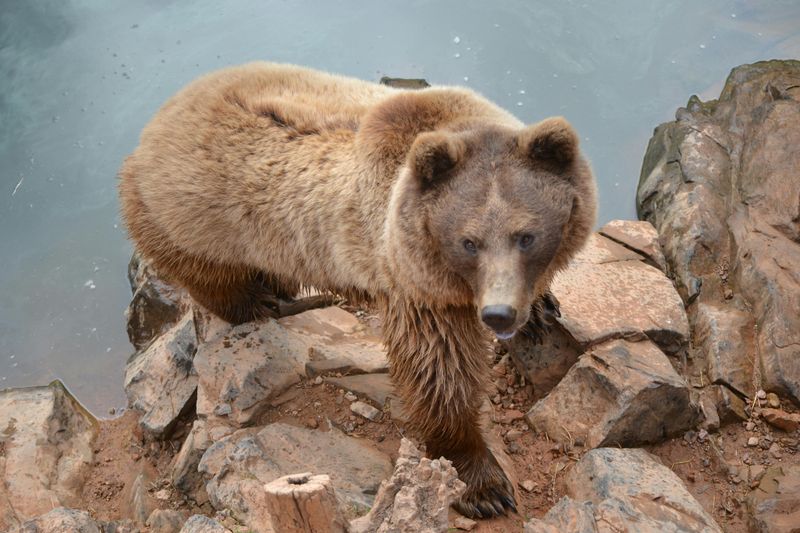
Grizzly Bears, with their imposing stature and formidable strength, are unsuitable as pets. Their need for vast territories and natural instincts for hunting make them difficult to accommodate domestically.
The U.S. Endangered Species Act ensures their protection in natural habitats, reflecting the importance of maintaining ecological balance.
Interesting Tidbit: Grizzlies can weigh up to 800 pounds and are excellent swimmers!
Fennec Fox
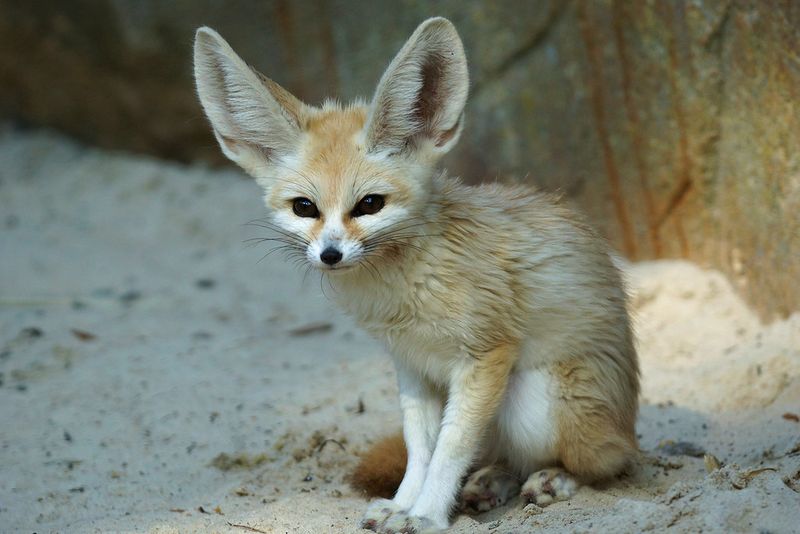
With its large ears and petite size, the Fennec Fox is a legal exotic pet in certain states. These foxes are known for their playful and curious nature. Their desert origins mean they adapt well to dry environments, making them unique companions.
However, they require specific care and attention to dietary needs. It’s essential to research local laws as regulations vary.
Fun Fact: Fennec Foxes use their massive ears to dissipate heat in the scorching desert!
Capybara
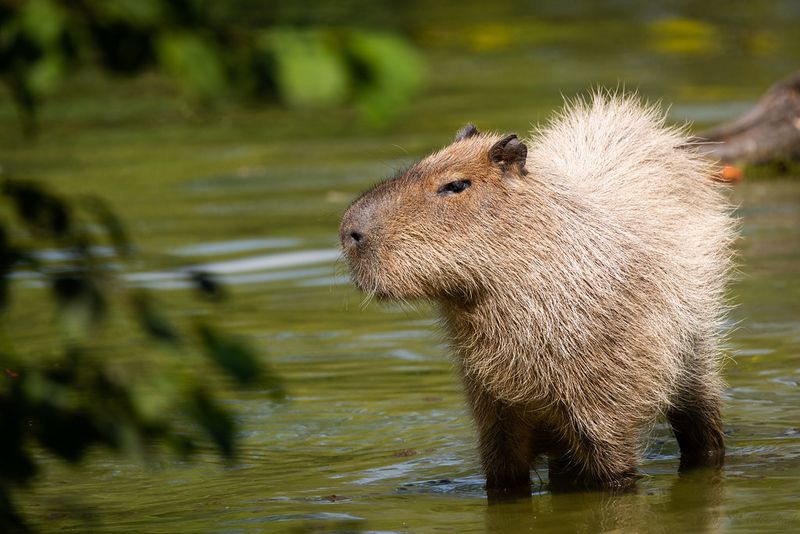
The Capybara, known as the world’s largest rodent, is a surprisingly permissible pet in some regions. Their gentle demeanor and social nature make them endearing companions. They thrive in groups and require access to water for swimming.
Ownership depends on state regulations, so always check local laws before considering one.
Did you know? Capybaras communicate with a range of vocalizations, including purrs and barks!
Sugar Glider
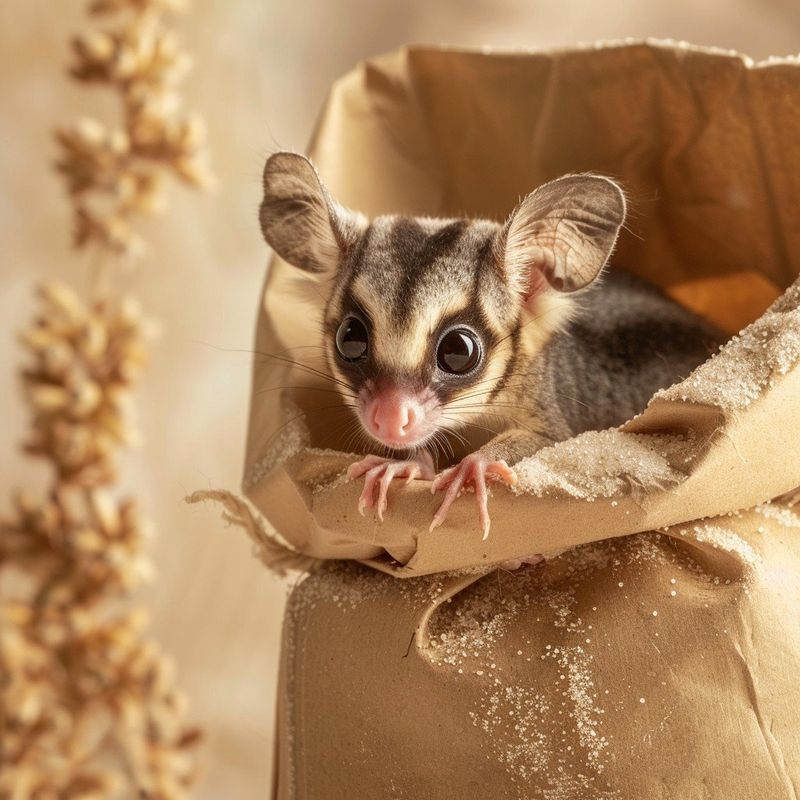
Sugar Gliders, with their ability to glide through the air, are small marsupials that many states allow as pets. Their social nature requires companionship, often thriving in pairs or small groups. Their diet includes nectar and insects, reflecting their wild origins.
Potential owners should be aware of their nocturnal habits and need for space to glide.
Fun Fact: Sugar Gliders have a membrane stretching from their wrists to ankles, aiding their impressive gliding abilities!
Wallaby
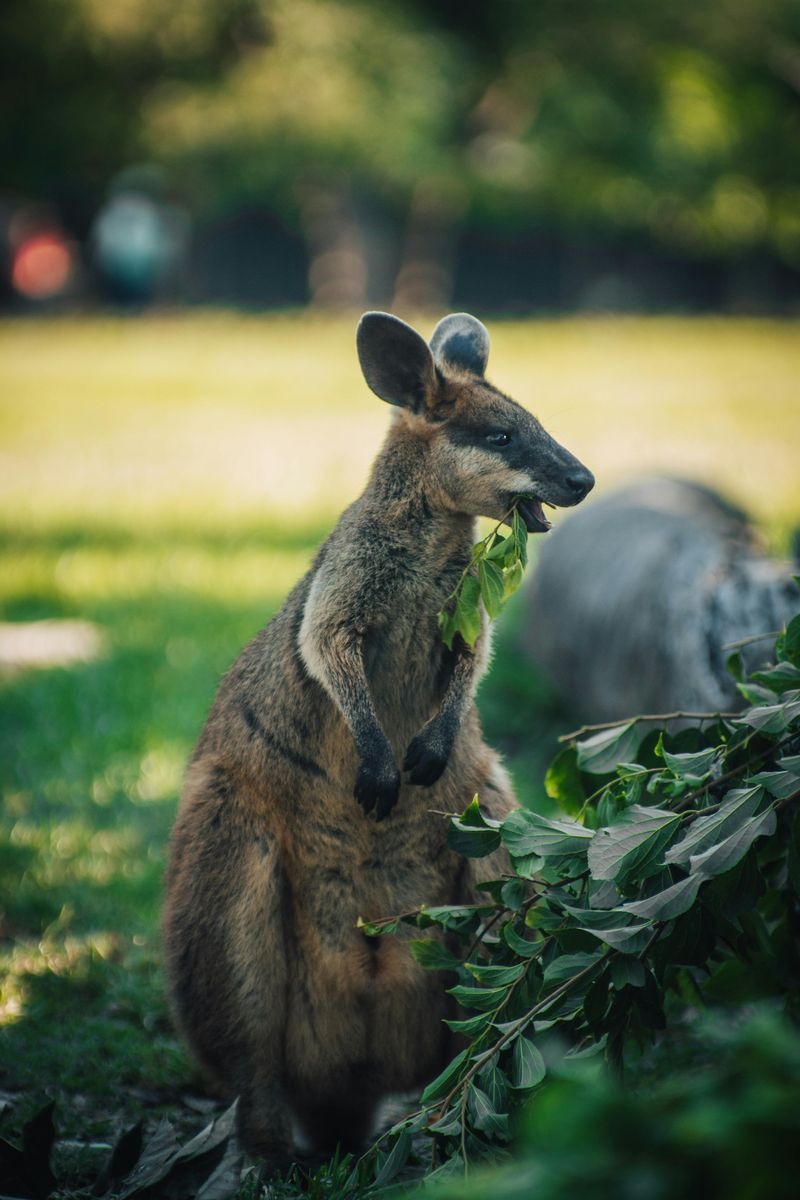
Wallabies, the smaller relatives of kangaroos, are permitted as pets in certain U.S. states. Their playful and gentle nature endears them to enthusiasts. Wallabies require outdoor space to hop and graze, mimicking their natural habitat.
Owners must understand their dietary needs and social behaviors. Research local regulations as they vary widely.
Did you know? Wallabies are nocturnal and have a unique way of digesting plant material to maximize nutrient absorption!
Serval
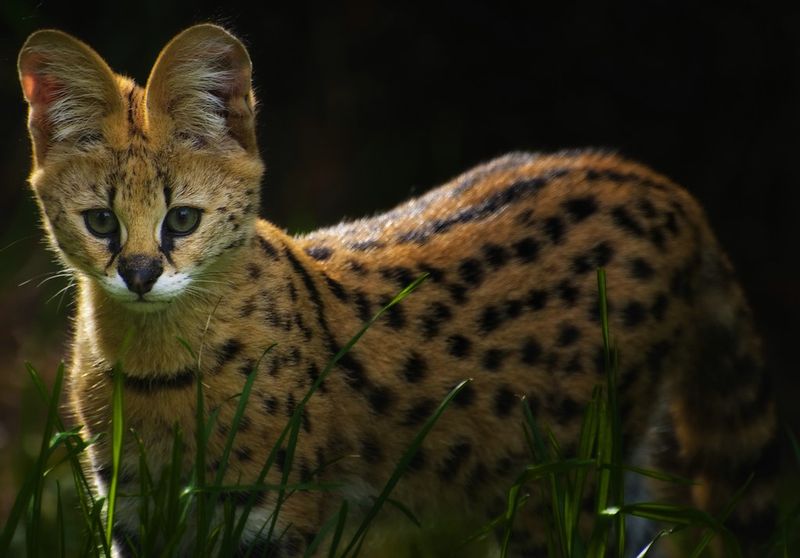
The Serval, with its long legs and spotted coat, is a wild cat that some states permit as a pet. Their hunting prowess and intelligence make them fascinating companions for experienced owners. Servals require space to exhibit their natural behaviors, including jumping and stalking.
It’s vital to research local laws and provide proper care to meet their wild instincts.
Fun Fact: Servals can leap over 9 feet into the air to catch prey!
Hedgehog
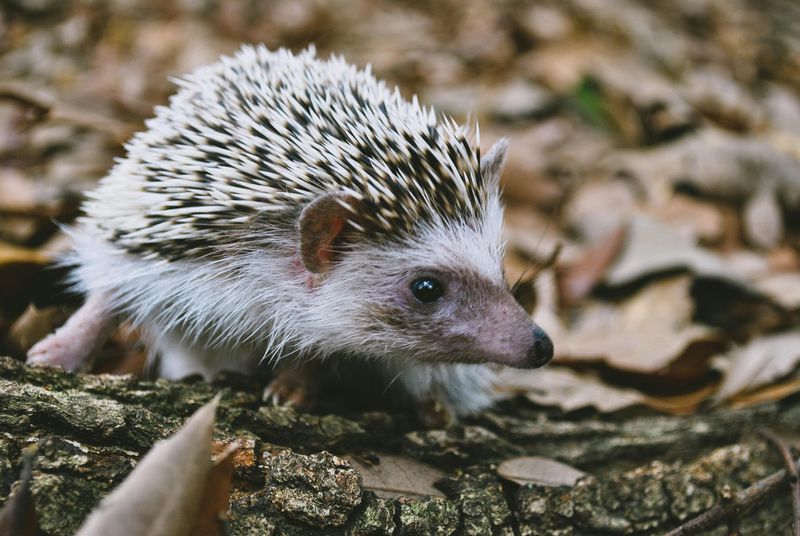
Hedgehogs, with their spiky appearance and curious nature, are popular exotic pets. These nocturnal creatures are permitted in many states, though some have restrictions. Hedgehogs are relatively easy to care for, requiring a simple diet and a comfortable enclosure.
Potential owners should research state laws and ensure ethical sourcing.
Did you know? Hedgehogs can roll into a tight ball, using their spines as a defense mechanism against predators!
Bearded Dragon
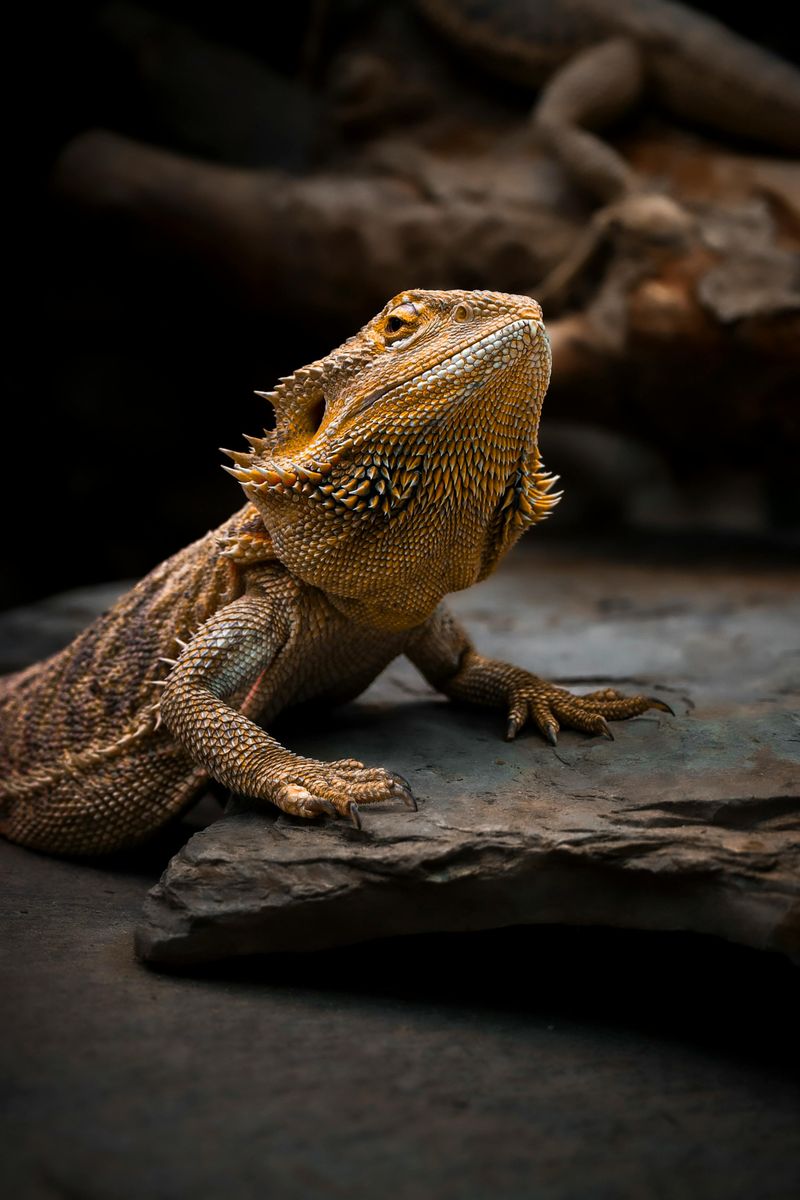
Bearded Dragons, native to Australia, are favored pets for reptile enthusiasts. Their docile nature and ease of care make them a popular choice. These lizards require a warm environment and a diet of vegetables and insects.
Check state regulations as some places have specific rules for exotic reptiles.
Fun Fact: Bearded Dragons can puff out their “beard” when threatened, showcasing a display of spikes!
Skunk
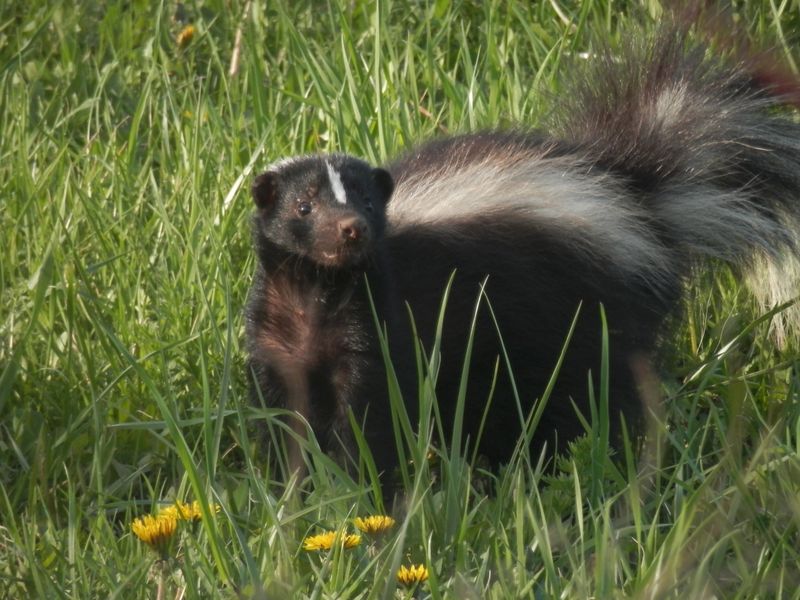
Surprisingly, skunks are allowed as pets in several areas, provided they’re descented and legally obtained. Known for their distinctive black and white fur and notorious spray, skunks are intelligent and curious creatures.
They thrive with proper training and socialization, though prospective owners should research legal requirements and care needs.
Did you know? Skunks can spray with incredible accuracy, targeting predators from up to 10 feet away!
Emu
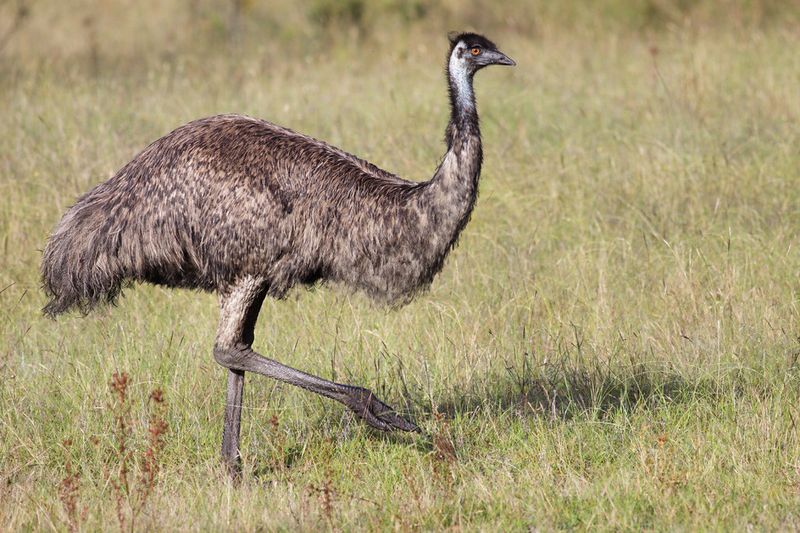
Emus, the large flightless birds native to Australia, are legal to own in some states. Their quirky personalities and impressive stature make them intriguing pets. Emus require ample space to roam and a diet rich in greens and grains.
Ownership requires understanding their behavior and habitat needs. Check local laws before acquiring one.
Fun Fact: Emus can run at speeds of up to 30 mph, using their strong legs to cover great distances!
Kinkajou
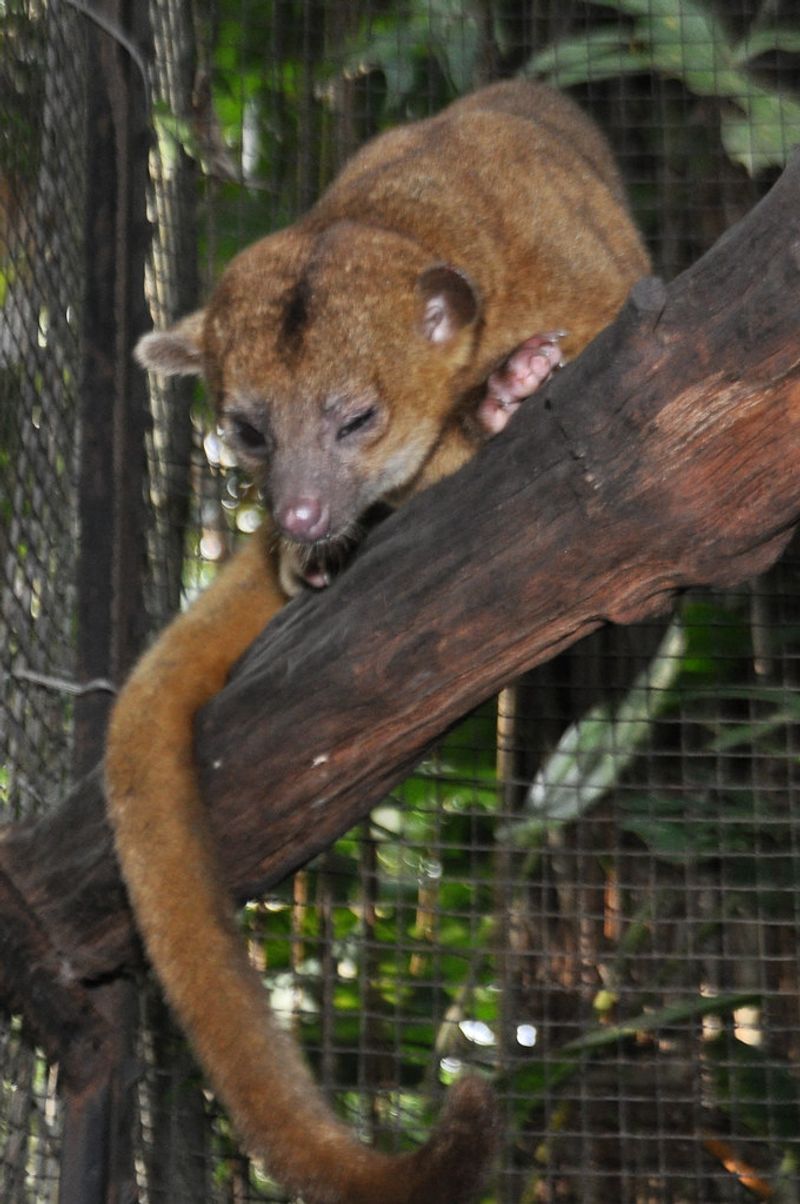
Kinkajous, also known as “honey bears,” are small rainforest mammals that some states permit as pets. Their playful and nocturnal nature makes them unique companions. Kinkajous need a stimulating environment to thrive, mimicking their natural habitat.
Prospective owners should ensure they meet legal requirements and understand their care needs.
Did you know? Kinkajous have a prehensile tail, allowing them to grasp branches and hang upside down!
Axolotl
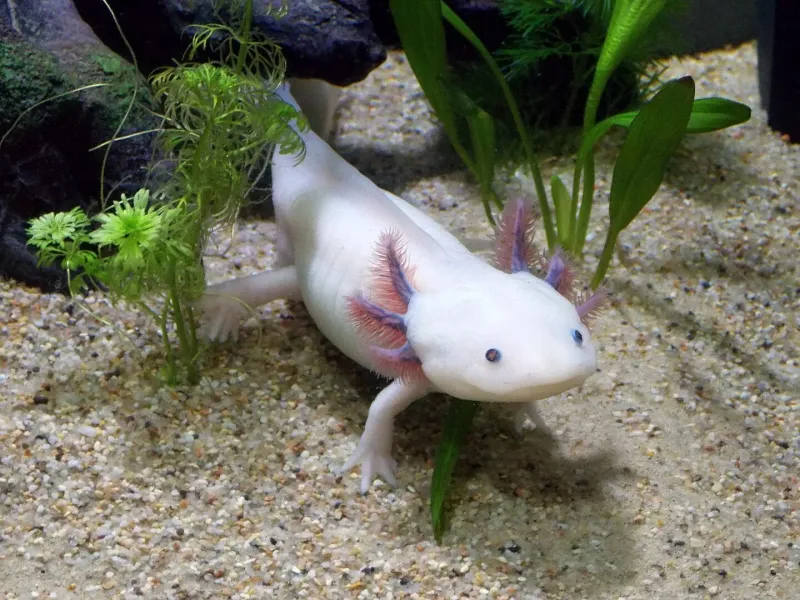
Axolotls, the aquatic salamanders known for their regenerative abilities, are permissible in many states. Their unique appearance, with feathery gills and a perpetual smile, captivates enthusiasts. Axolotls require a specific aquatic environment, maintaining clean water and a diet of worms and pellets.
Check local laws as some regions have restrictions due to conservation efforts.
Fun Fact: Axolotls can regenerate entire limbs, making them a subject of scientific fascination!
Ball Python
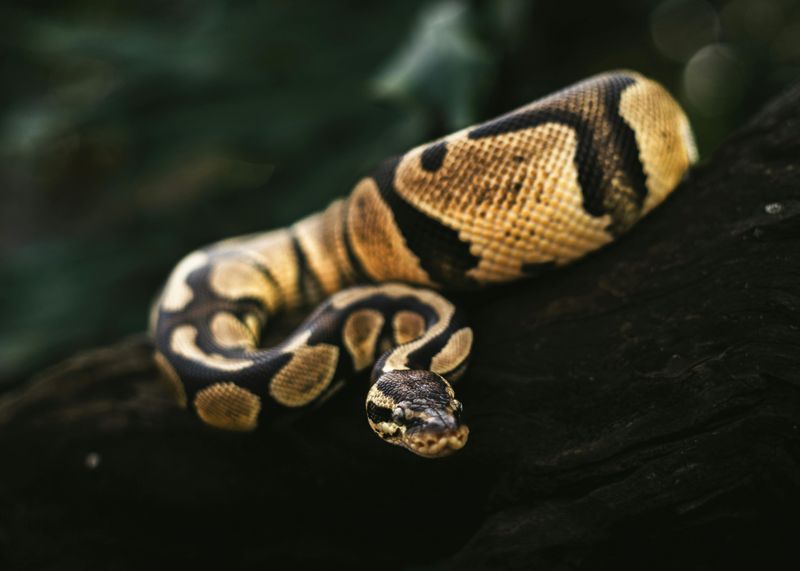
Ball Pythons, with their calm demeanor and striking patterns, are popular pets among snake enthusiasts. These non-venomous snakes are legal in many areas, provided they’re obtained from reputable sources. Ball Pythons require a controlled environment with heat and humidity.
It’s important to research state laws as regulations may differ.
Did you know? Ball Pythons get their name from their tendency to curl into a ball when threatened!
Patagonian Mara
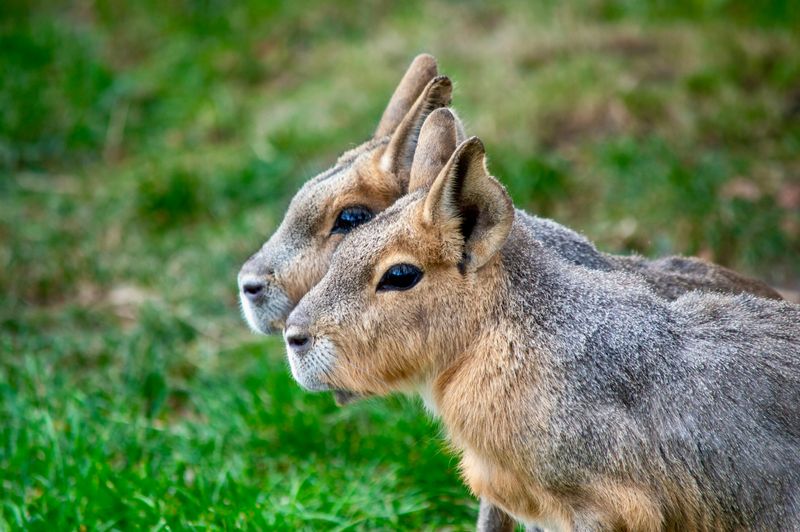
The Patagonian Mara, resembling a mix between a rabbit and a deer, is a legal pet in some U.S. regions. Known for their social nature, they thrive in pairs or small groups. Maras require outdoor space to roam and graze, similar to their native habitat.
Potential owners should research local regulations and understand their dietary needs.
Fun Fact: Patagonian Maras can run at speeds of up to 25 mph to escape predators!
Tarantula
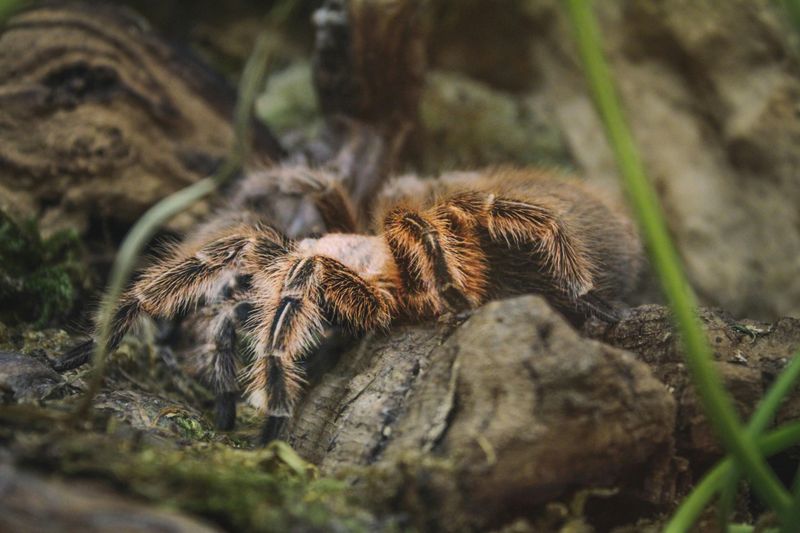
Tarantulas, the often-misunderstood spiders, are legal pets in many places. Their docile nature and intriguing behavior attract enthusiasts. These arachnids require a secure enclosure with appropriate humidity and temperature.
Research state laws as some regions have restrictions on certain species.
Did you know? Tarantulas can regenerate lost limbs, a fascinating ability shared with only a few other animals!
Red Kangaroo
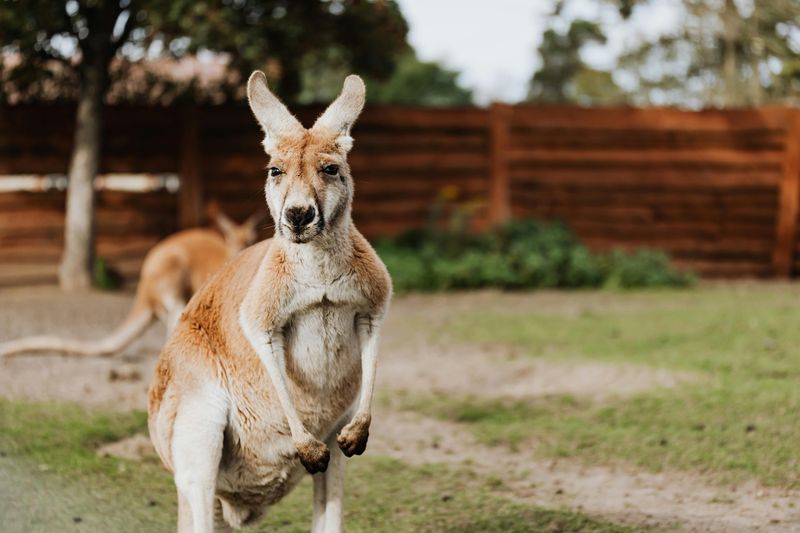
The Red Kangaroo, an iconic Australian marsupial, is allowed as a pet in certain states. Their impressive jumping ability and social dynamics make them fascinating companions. Kangaroos require expansive outdoor space and a diet of grass and shrubs.
Ownership demands understanding their social and environmental needs. Always verify legal requirements before acquiring one.
Fun Fact: Red Kangaroos can leap over 30 feet in a single bound!

